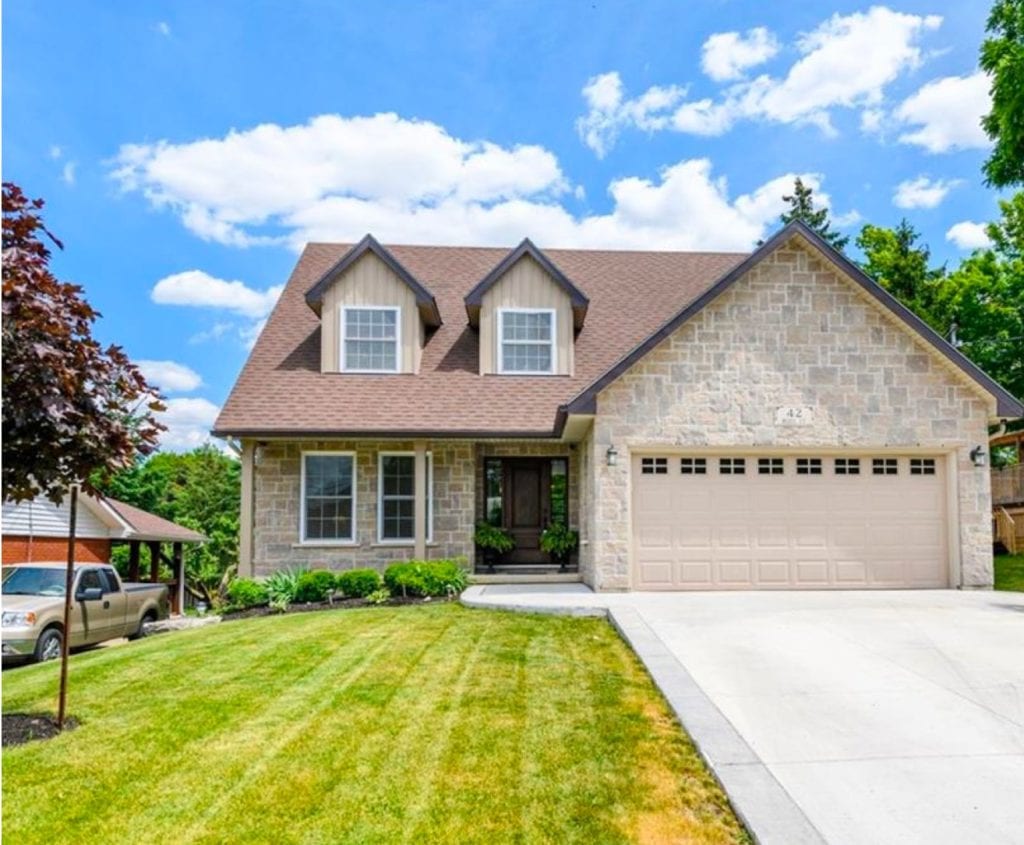
There’s been a lot of talk about real estate speculators in the news over the last six to twelve months with regard to investors, flippers — people who purchase real estate with the hope that they may profit. It’s understandable; that some people feel priced out of the market and therefore resent those who may benefit from it. It’s a very interesting topic, because it’s one that’s driven more by feelings than facts. Being in the real estate business, we do from time to time have clients that treat real estate as a business. That’s nothing new — it’s been going on since the beginning of time. It’s an interesting subject thats been discussed in the news a lot lately. Just remember theirs always two sides to any story.
Are Home Flippers Driving Up Prices?
It’s become a narrative in the news that flippers are driving prices up, for their own profit. But actually, if you look at what flippers do, this is a very unfair representation of their business model. We have a lot of housing stock that is old; housing stock that is unsuitable for people to live in. These are houses that in many cases aren’t going to be purchased by the typical family because they are outdated, need major repairs, or because they are simply not attractive.
Flippers purchase these homes, renovate, and rejuvenate them. They then sell them at market value with a profit built-in. Profit is normally established through purchasing the home below market value due to poor condition as well as cost savings from being a professional renovator. There is no government body responsible for updating homes and bringing them up to modern standards. So as much as it’s easy to paint a negative picture around home flippers, you have to look at the benefits they provide to the market.
Further, house flippers typically run on very tight margins. Television, of course, lends to the ideal that people can buy a home, do renovations and make a massive amount of profit, but I really caution people when thinking this way. I have worked with clients who wanted to flip a single home and professional flippers who were buying multiple homes every month and turning them over as virtually brand new homes. Either way, they were making a living — not a killing. It’s really not any different than hiring a contractor to renovate your home and paying them for the job. Contractors have access to skilled trades and materials at better prices than consumers, this is how they profit.
I think this is a positive thing that people are rejuvenating housing stock and bringing it back to life. Today many buyers — especially first time buyers — don’t have the liquid cash to buy a property and then invest $50,000 or $100,000 in rejuvenating the property. I think it’s a huge benefit to the market to have an individual who is going to take the risk, put up the capital, do the work, and then turn the home over to a family while only making what would amount to a small profit.
There is a need for people to flip homes. In today’s age I would argue its more important than ever to be rejuvenating existing housing stock, especially with the capital constraints of buyers who are struggling to just put a down payment together. I think it’s a big win for everybody in this scenario and I know many first-time buyers who have bought homes in older areas that were virtually brand new, and it was one of the best decisions that they ever made.
Are Pre-Construction Investors Driving Up Prices?
On the subject of investors buying pre-construction homes, towns and condos — again, pundits have painted these “speculators” in a very negative light. The claim is that these buyers are purchasing all of our available inventory, leaving the average buyer without a home and driving up prices when they flip the property upon completion. First off, the vast majority of these investors actually hold these properties and then use them to generate rental income. The amount of people we seeing buying new construction properties and flipping them immediately is extremely small. But what this ignores is the fact that new rental property inventory is devastatingly low. We need a strong rental market, especially when many people are not yet prepared to purchase a home. Moreover, the properties that these investors purchase would not have been built if investors weren’t purchasing in the pre-construction stage.
You’ve got to remember we’ve had virtually no new apartment or rental construction in Ontario for the better part of the last 20 to 30 years. It’s been very low and nowhere near the levels needed to sustain demand. So what’s really making up for this lack of construction for rentals has been the new condo and townhouse markets. Without these investors who are “buying up” condos and other new developments, many projects would never see the light of day. Most investors rent their units for 2-5 years before turning them over to the market where end users take over. These investors are giving builders confidence to bring more units to the market because they can count on pre-sales, add units to the rental market and in the end put more inventory into the hands of end users.
The vast majority of investors are people like you and me who have decided, rather than investing in stocks and bonds, to invest in real estate and try their hand at being a landlord. These are Canadian citizens starting a life, building a nest egg, or planning for their retirement. These investments are benefiting countless families throughout the province. They are individuals who have bought their properties to build futures for themselves; these are hard working people. And these are people who are filling a gap in the market which is badly needed. Supply in our rental market is approaching alarmingly low levels, had individual investors not stepped up to the plate over the last decade, things would be catastrophic.
Investors fill a number of much needed roles in our housing market, by reconditioning older inventory, increasing supply in the rental market, funding new development projects, and increasing supply available in the re-sale market.Penalizing people that fill critical roles in our housing market may appear to be a great political move but the long term consequences of this only contribute to the problem.




